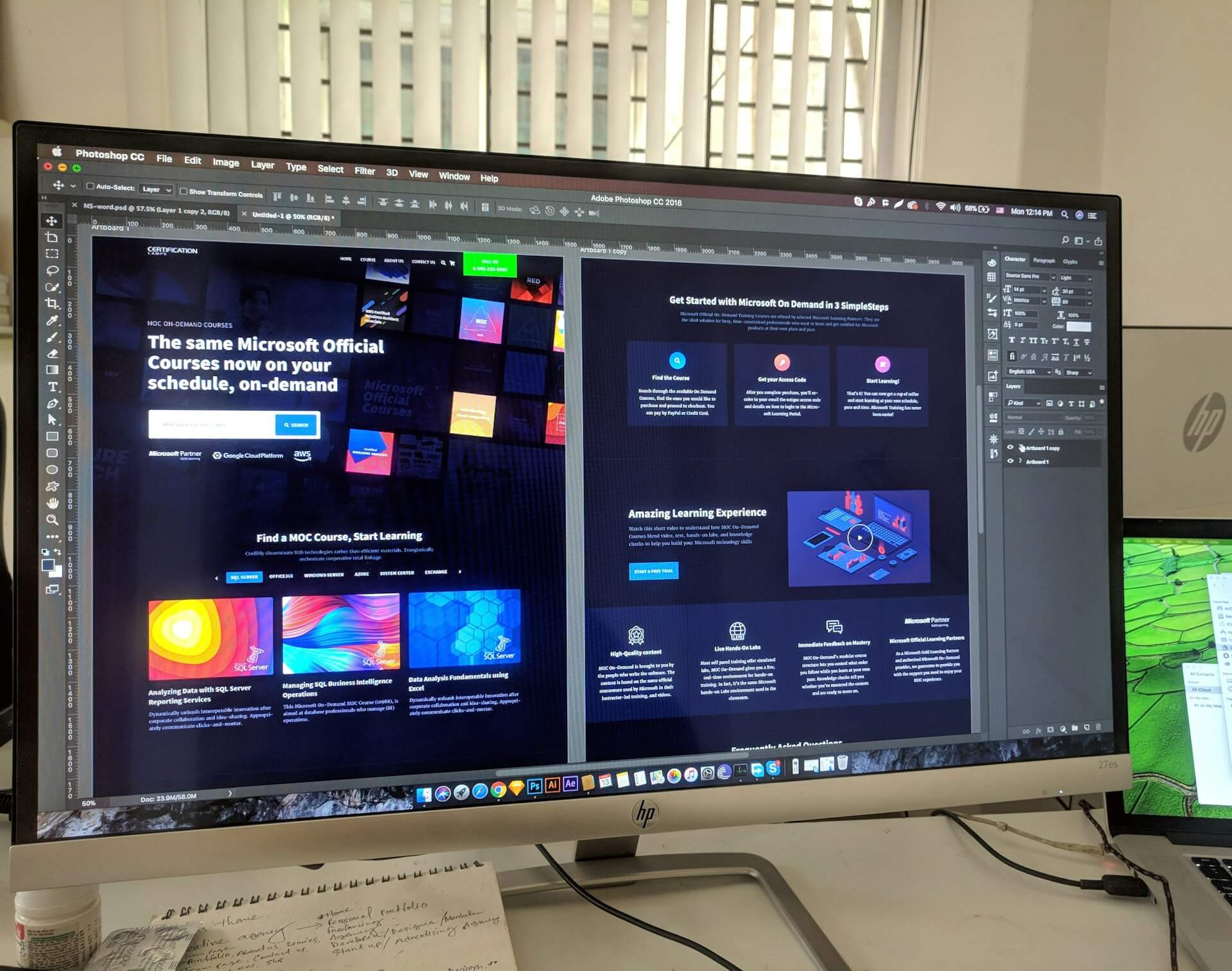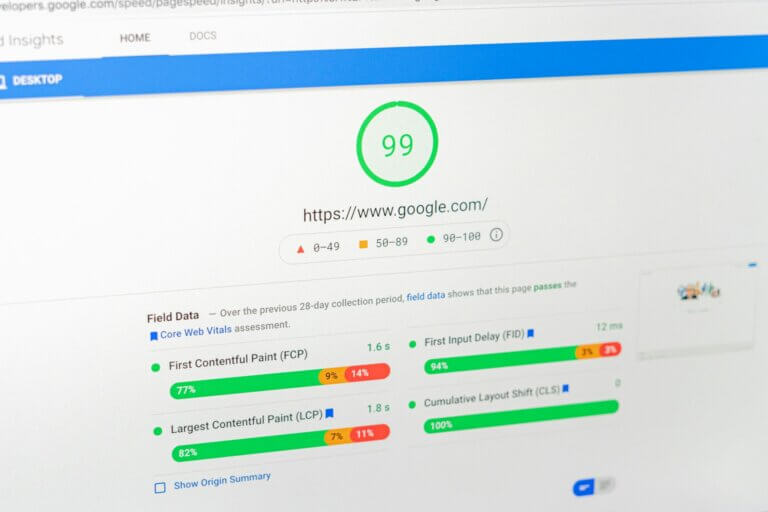Why Good Website Design is Critical for Business Success

Introduction:
In today’s digital world, your website is often the first point of contact between your business and potential customers. Whether you’re a small local business or an international company, your website’s design plays a critical role in how customers perceive your brand, interact with your business, and make purchasing decisions. But what makes a good website design, and why is it so essential for your business success? In this post, we’ll explore the key reasons why investing in a professional website design can make or break your online presence.
1. First Impressions Matter
Overview:
The moment someone lands on your website, they form an opinion about your business within seconds. This first impression is heavily influenced by the look and feel of your website.
Why It Matters:
If your website is outdated, difficult to navigate, or doesn’t reflect your brand’s values, visitors may assume that your products or services are the same. An attractive, well-organized website immediately builds trust and makes users more likely to engage with your content or services.
Key Tips:
- Ensure your website looks professional and clean.
- Use high-quality images and consistent branding.
- Make sure your website’s design matches your business’s tone and message.
2. User Experience Drives Engagement
Overview:
User experience (UX) refers to how visitors interact with your website. A good UX design ensures that users can easily find what they’re looking for and enjoy the process of navigating through your site.
Why It Matters:
If your website is hard to navigate or slow to load, visitors are likely to leave before they even explore what you have to offer. On the other hand, a website that is easy to use will keep visitors on your page longer, increasing the chances of conversions (whether that’s a sale, a sign-up, or a contact form submission).
Key Tips:
- Make navigation intuitive by organizing content clearly.
- Optimize page load times; slow pages lead to high bounce rates.
- Ensure your site is responsive and works smoothly on mobile devices.
3. Builds Credibility and Trust
Overview:
A professionally designed website not only makes your business look legitimate, but it also helps build trust with your audience. In contrast, a poorly designed website can make potential customers question your credibility.
Why It Matters:
Consumers are becoming more discerning about where they spend their time and money online. A well-designed website shows that you are serious about your business, care about your customers, and are trustworthy. It makes potential clients feel confident that they are dealing with a reputable company.
Key Tips:
- Use testimonials and case studies to showcase satisfied clients.
- Ensure your site is free from errors and broken links.
- Display your contact information clearly to make your business feel more accessible.
4. SEO Benefits from Good Design
Overview:
Search Engine Optimization (SEO) is critical for driving organic traffic to your website. While content is a significant part of SEO, design also plays a crucial role in how search engines rank your website.
Why It Matters:
A well-designed site is not just about aesthetics; it’s about structure and performance. Search engines, like Google, consider elements such as mobile-friendliness, site speed, and proper use of tags and keywords. Without a solid web design foundation, even the best content may struggle to rank well.
Key Tips:
- Make sure your site is mobile-friendly, as Google now prioritizes mobile-first indexing.
- Optimize images and code to ensure fast loading times.
- Use clear headings, meta tags, and alt text to make your content easy for search engines to understand.
5. Responsive Design Equals Broader Reach
Overview:
With the growing use of mobile devices, having a responsive design is no longer optional—it’s a necessity. Responsive design ensures that your website adapts to different screen sizes and devices without losing functionality or aesthetics.
Why It Matters:
In 2024, over half of all web traffic comes from mobile devices. If your website isn’t optimized for mobile, you’re missing out on a massive potential audience. Additionally, a poor mobile experience can negatively impact your search engine rankings.
Key Tips:
- Test your website across different devices and screen sizes.
- Use responsive design techniques to ensure a seamless experience for all users.
- Keep mobile navigation simple and user-friendly.
6. Conversion-Optimized Design Helps Drive Sales
Overview:
Your website is more than just a digital storefront—it’s a powerful marketing tool that should be designed to turn visitors into customers. A conversion-optimized design focuses on guiding users toward a specific action, whether that’s making a purchase, signing up for a newsletter, or requesting a quote.
Why It Matters:
A well-designed site that is optimized for conversions will naturally guide users through your sales funnel, making it easier for them to complete their desired action. Strategic design elements like call-to-action buttons, simple forms, and clear product/service pages all contribute to boosting your conversion rates.
Key Tips:
- Use strong and clear call-to-action (CTA) buttons.
- Make it easy for users to contact you or make a purchase.
- Eliminate distractions and keep the design focused on the end goal (e.g., sales or leads).
Conclusion:
A well-designed website isn’t just about looking good—it’s about creating an effective online presence that drives traffic, engages visitors, and converts them into loyal customers. Investing in a professional website design helps you establish credibility, improve user experience, and boost your search engine rankings, all of which contribute to your business’s success.
If you’re ready to take your website to the next level, I’m here to help. As a web designer specializing in WordPress, Wix, WebWave, and other platforms, I can create a site that not only looks great but also delivers results. Get in touch with me today to start building your dream website!






